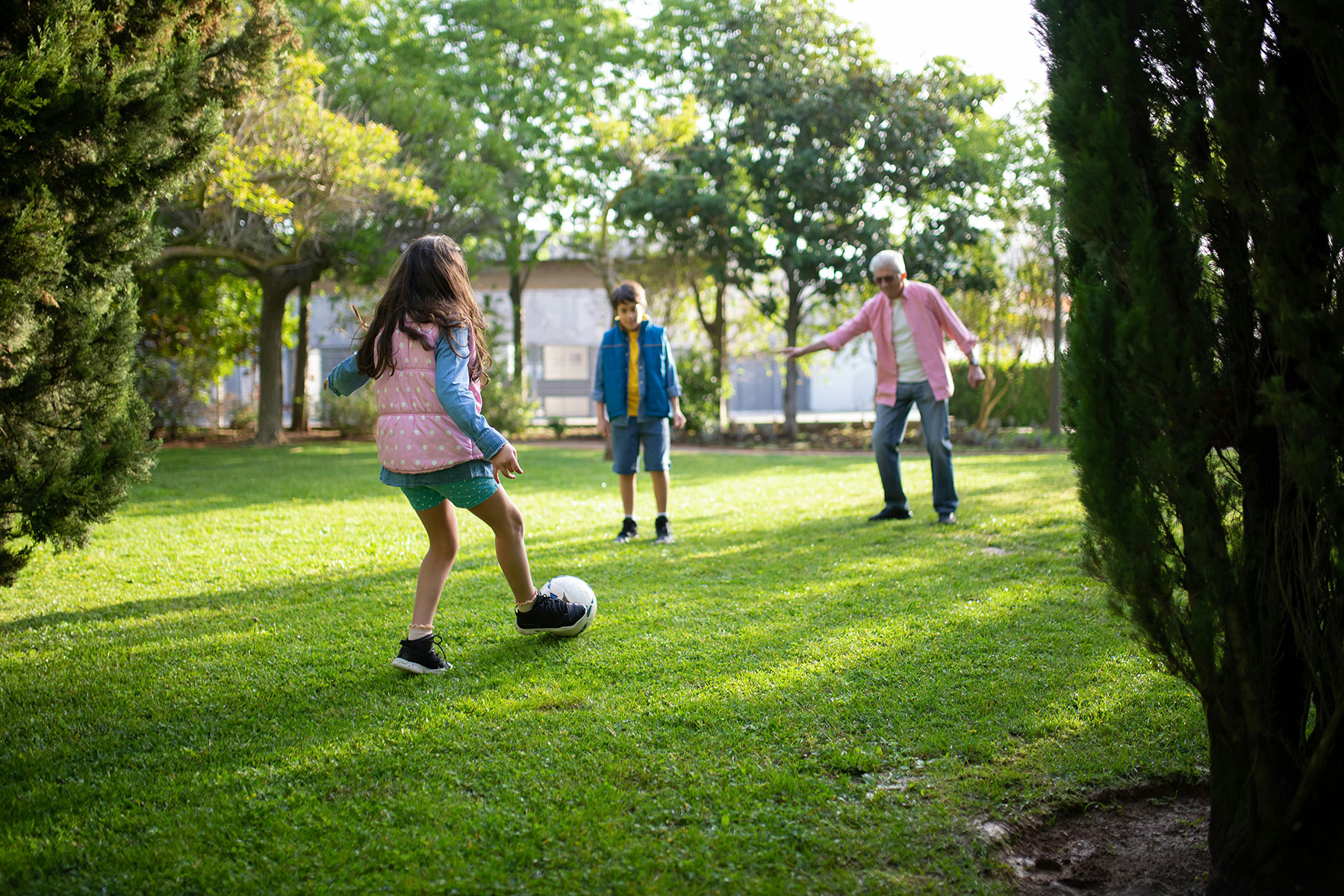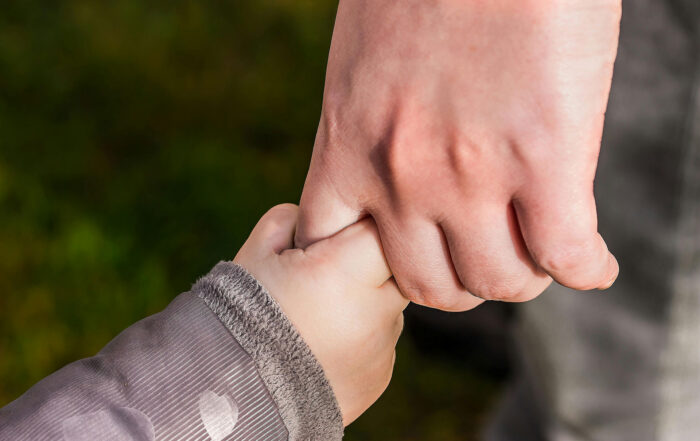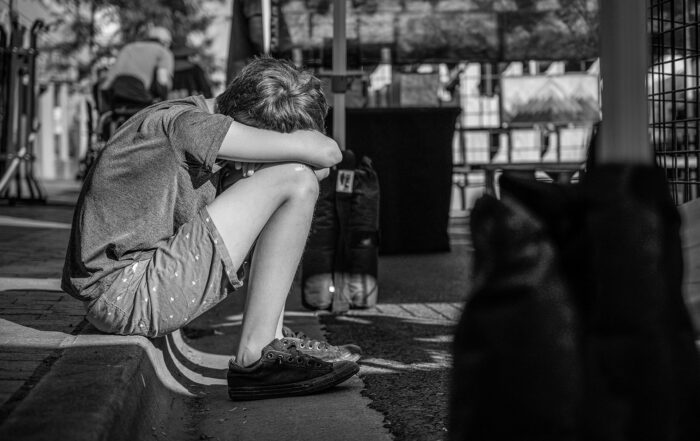
By Gaby Galvin
PEOPLE WHO EXPERIENCED trauma as children are more likely to suffer severe health consequences later in life, a new federal analysis shows.
Adverse childhood experiences, or ACEs, refer to potentially traumatic events experienced or witnessed during childhood, like violence, substance misuse and mental health problems in the home. Though public health experts say these events are an important upstream cause of major health and social struggles later in life, it’s been unclear just how substantially they impede American health overall.
In the first analysis of its kind, researchers from the Centers for Disease Control and Prevention estimated the link between self-reported ACEs and 14 negative health conditions and socioeconomic factors, using 2015-2017 survey data for more than 144,000 adults from 25 states.
They found that 60.9% of adults reported at least one adverse childhood experience, while 15.6% reported four or more types. Such experiences were “significantly associated with poorer health outcomes, health risk behaviors, and socioeconomic challenges,” the study says, including depression, heavy drinking, smoking, lower educational attainment and unemployment.
Share This Post!
Associations between Adverse Childhood Experiences and Measures of Poor Sleep Health in Adulthood
Source: ResearchGate Background: Sleep health is a multidimensional concept that plays a critical role in both physical and mental well-being. While there is evidence to suggest that sleep health may be linked [...]
Childhood trauma changes how the brain processes caregiver cues
Source: PsyPost For most young children, the sight and voice of a parent serve as a primary source of comfort and safety. A new study suggests that for children who have experienced interpersonal [...]
Child abuse and eating disorder symptoms: Shedding light on the contribution of identification with the aggressor
Source: ScienceDirect Childhood abuse has been increasingly recognized as a risk factor for eating disorder symptoms. Additionally, it has been demonstrated that childhood abuse may lead to identification with the aggressor, an automatic [...]
Can the positive buffer the negative? Testing the impact of protective childhood experiences on adjustment in adults following trauma exposure
Source: National Library of Medicine It is unclear if protective childhood experiences (PCEs), like emotional support and economic stability, exert influence on adulthood adjustment. Prior research suggests PCEs can promote childhood resilience through [...]
Complex Trauma Effects
Source: The National Child Traumatic Stress Network (NCTSN) Children whose families and homes do not provide consistent safety, comfort, and protection may develop ways of coping that allow them to survive and function [...]
Trauma-Informed Organizations
Source: The National Child Traumatic Stress Network (NCTSN) Part 2 provides a broad overview of how to create and implement an institutional framework for trauma-informed services in program delivery and staff development, policies [...]







